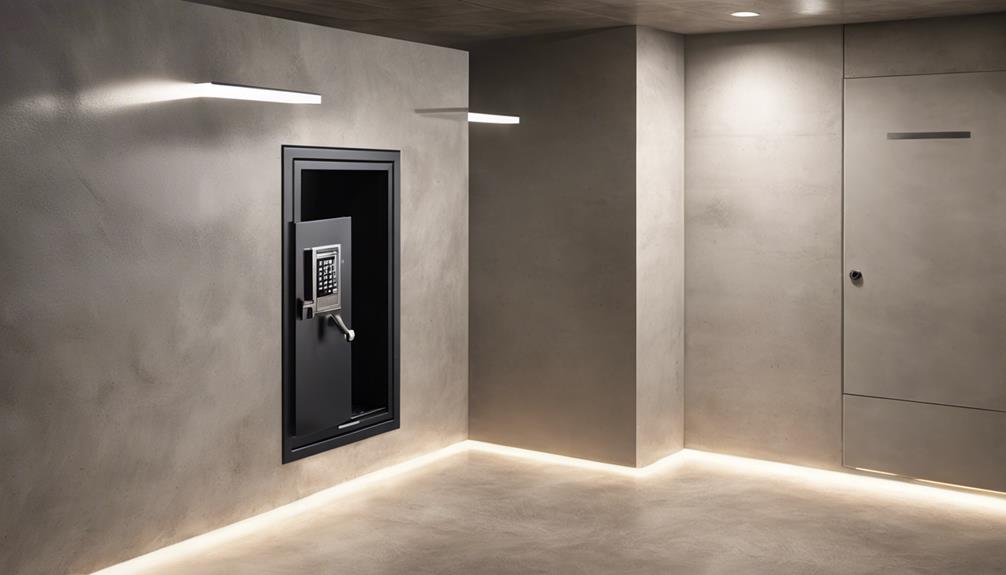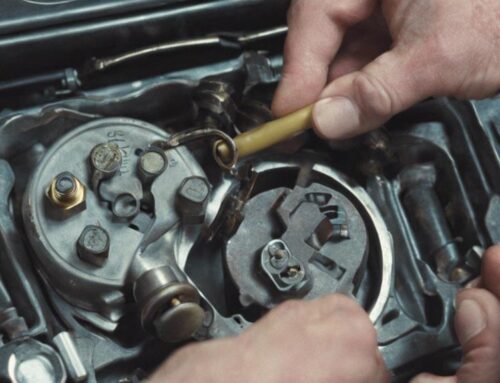Like choosing between a knight or a fortress in a strategic game, deciding on a wall safe versus a floor safe for your business can greatly impact your security. You've got to weigh the benefits of each option carefully, considering factors like visibility and accessibility in your specific environment. While wall safes may offer convenience, floor safes often provide better concealment. What other aspects should you consider to guarantee you're making the best choice for your unique situation?
Key Takeaways
- Assess your specific security needs, weighing the advantages of wall safes' convenience against the discreet security of floor safes.
- Consider the layout of your business space to determine the most effective installation location for optimal concealment and accessibility.
- Evaluate the installation complexity and associated costs; professional services can ensure proper installation and adherence to safety standards.
- Review the storage capacity of each safe type, as wall safes may have limited space for bulkier valuables compared to customizable floor safes.
- Ensure compliance with local fire safety regulations, as this impacts insurance coverage and overall security effectiveness.
Advantages of Wall Safes
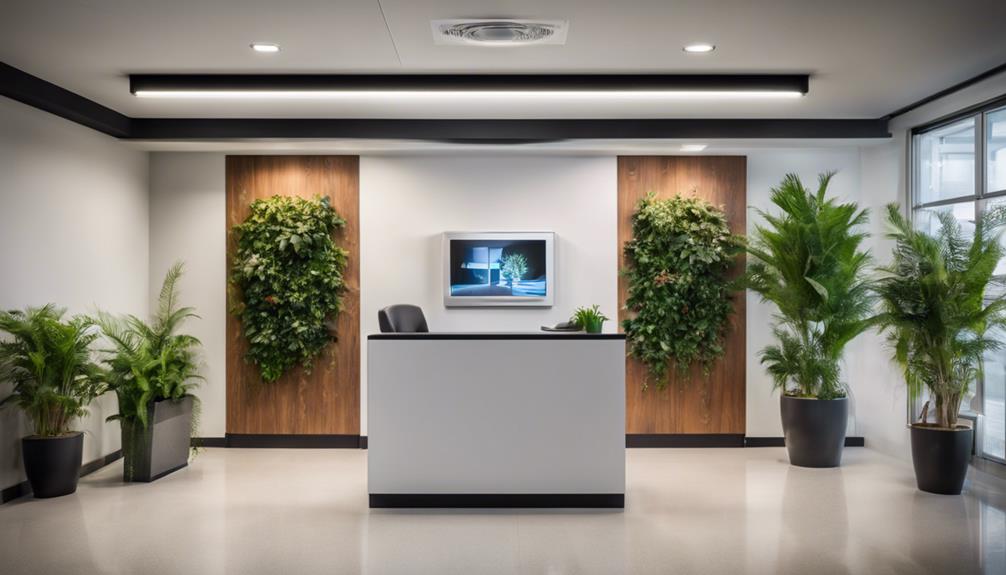
When you consider the benefits of wall safes, you'll find they offer a unique combination of security and convenience. These safes are designed to blend seamlessly into your environment, making them less conspicuous than traditional floor safes. Their robust security features, such as heavy-duty steel construction and advanced locking mechanisms, enhance your ability to protect valuable assets. Furthermore, wall safes typically require minimal floor space, allowing for better utilization of your storage area. For effective installation, guarantee you choose a stud location to maximize stability and concealment. Additionally, consider the depth and size of the wall safe to accommodate your valuables. By prioritizing these factors, you can achieve an ideal balance of security and accessibility in your business. For added peace of mind, explore 24/7 Residential Biometric Safe Services for expert guidance on enhancing your business security.
Disadvantages of Wall Safes
While wall safes offer some advantages, they come with significant drawbacks that you should consider. Their limited storage space can restrict what you can securely store, potentially forcing you to choose between items. Additionally, wall safes can be more vulnerable to theft since their installation may reveal their location, making them an easier target for intruders. When deciding between a wall safe or a floor safe for your business, it's vital to weigh these factors carefully to guarantee the security of your valuables. Consider the advanced security features offered by top safe companies to make an informed decision based on your specific needs.
Limited Storage Space
One drawback of wall safes is their limited storage space, which can considerably hinder your ability to securely store larger items. If you're seeking ideal space optimization in your business, wall safes may not offer the robust storage solutions you need. Their slim design restricts the dimensions of what you can store, making it challenging to accommodate bulkier valuables like cash, documents, or equipment. In addition, this limitation may force you to compromise on the quantity of items you can protect, leaving you vulnerable to inadequate security measures. In a world where every inch of your business matters, understanding these constraints is essential for making an informed decision. Ultimately, if storage capacity is a priority, you may want to evaluate alternatives.
Vulnerable to Theft
Even with their space-saving benefits, wall safes come with a significant vulnerability to theft. Unlike floor safes, which are often hidden and anchored securely, wall safes are more accessible to intruders. Their installation within walls makes them easier to locate, especially if the thief has prior knowledge of your layout. This exposure compromises your theft prevention efforts. Additionally, the materials used in many wall safes can be less robust than their floor counterparts, making them susceptible to prying or cutting. When considering secure storage options for your business, weigh these risks carefully. A floor safe may provide a higher level of security, ultimately enhancing your overall theft prevention strategy and safeguarding your valuable assets more effectively.
Benefits of Floor Safes
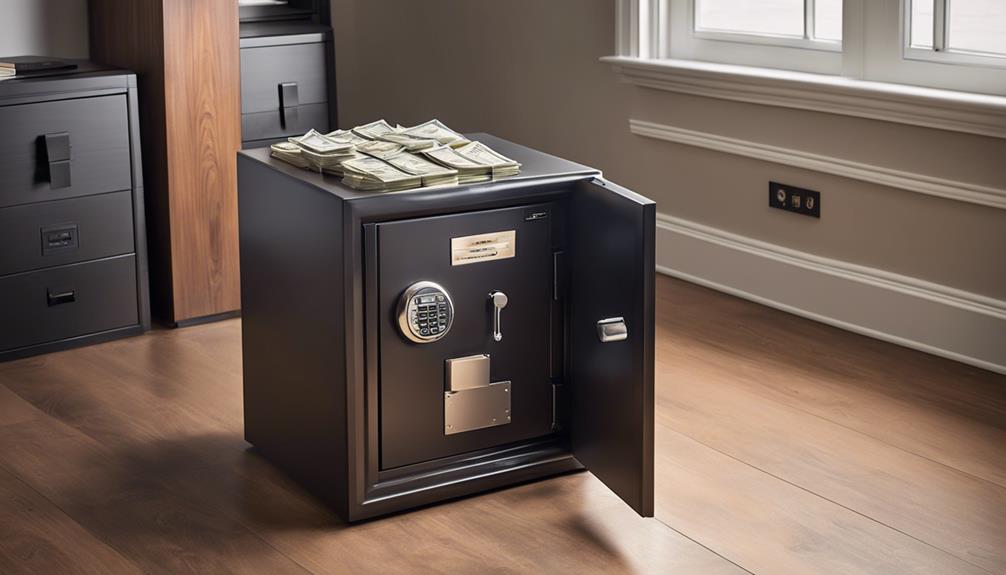
When it comes to securing your valuables, floor safes offer a unique blend of accessibility and discretion that can greatly enhance your home security. Unlike traditional safes, floor safes provide a robust solution for floor safe security, cleverly integrating hidden storage within your space.
| Advantages | Considerations | Use Cases |
|---|---|---|
| Discreet placement | Installation complexity | Cash, jewelry, documents |
| High theft deterrent | Requires floor modification | Firearms, collectibles |
| Easy access | Limited portability | Sensitive items |
| Customizable sizes | Professional installation | Business assets |
With this combination of features, floor safes not only safeguard your valuables but also guarantee that they remain out of sight, providing peace of mind and maximizing your security strategy.
Drawbacks of Floor Safes
While floor safes offer significant security benefits, they also come with several drawbacks that warrant careful evaluation. Understanding these can help you make an informed decision. Proper installation requires cutting into the floor, which can be complex and costly. Additionally, it is crucial to examine the costs associated with installing or repairing commercial safes. You may face difficulties accessing the safe, particularly if it's hidden under carpeting or heavy furniture. Floor safes are more susceptible to water damage from flooding or leaks, potentially compromising your valuables. Many floor safes come in limited sizes, which might restrict what you can securely store.
These factors can impact your overall floor safe security, so weigh them carefully before proceeding.
Key Considerations for Selection
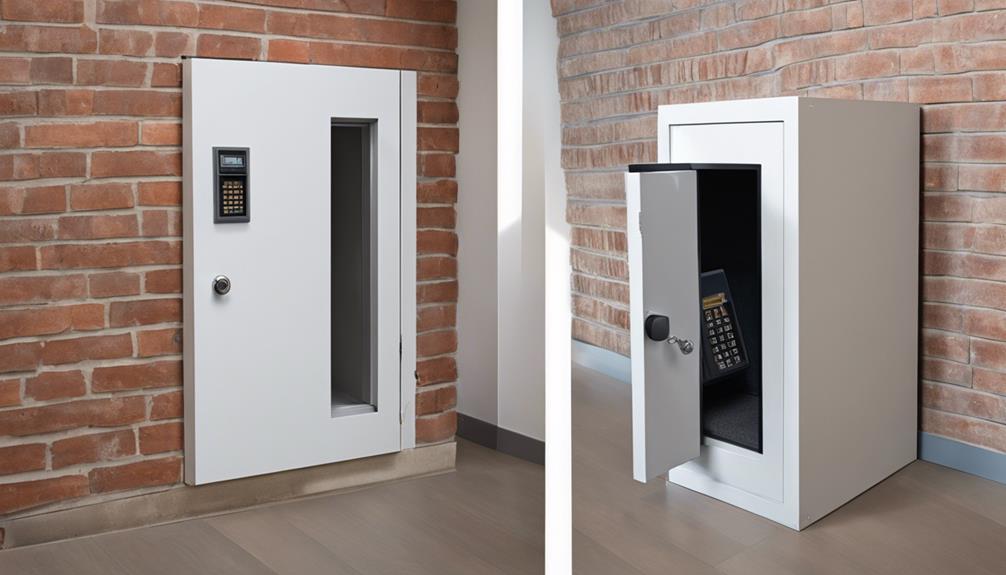
Choosing between a wall safe and a floor safe requires careful attention to several key considerations that can greatly impact your decision. First, evaluate the security features of each option. Wall safes often offer robust protection while being less conspicuous, whereas floor safes provide substantial strength but may be harder to access quickly. Next, consider your accessibility options. If you need frequent access to stored items, a wall safe might be more convenient; however, if security is your top priority, a floor safe could be more effective. Additionally, think about the layout of your business space and the potential for hidden installation. Weighing these factors will empower you to make a well-informed choice that aligns with your security needs.
Professional Installation Services
When it comes to installing a wall or floor safe, hiring professional installation services can guarantee you benefit from their expertise in safe installation. They understand safety compliance standards, which can be essential for maintaining your home's security. However, you'll want to weigh the cost of these services against the potential risks of a DIY approach.
Expertise in Safe Installation
Installing a safe isn't just about picking the right model; it's important to get the installation right as well. Proper installation safeguards your assets and guarantees your safe functions effectively. Here are key considerations for expertise in safe installation:
- Safe Types: Understand the specific requirements for wall safes versus floor safes, as installation techniques vary.
- Professional Knowledge: Hire experts who are familiar with various safe models and their unique installation demands.
- Equipment: Confirm the installation team uses the right tools and equipment for secure fitting.
- Site Assessment: A thorough evaluation of your space is vital to determine the best location for maximum security.
Investing in professional installation pays off in the long run, enhancing both security and functionality.
Safety Compliance Standards
Making certain that your safe installation meets safety compliance standards is vital for both security and peace of mind. You'll want to familiarize yourself with fire safety regulations that may apply to your business, as these can dictate the materials and installation methods used. Compliance not only protects your assets but can also influence your insurance requirements. Many insurers require that safes meet specific standards to qualify for coverage or discounts. As a result, opting for a professional installation service that understands these regulations is essential. They can guarantee that your safe is installed correctly, compliant with fire safety laws, and meets your insurance's stipulations, ultimately safeguarding your investment and enhancing your operational integrity.
Cost of Professional Services
While you might be tempted to handle the installation of your safe yourself to save on costs, the reality is that professional installation services often provide significant value that justifies their price. Investing in expert help can lead to long-term savings by ensuring your safe is correctly installed and secure. Consider these factors when evaluating installation expenses:
- Expertise: Professional installers have the knowledge to handle various safe types and complexities.
- Tools: They come equipped with specialized tools, minimizing the risk of damage.
- Warranty: Many services offer warranties, adding extra protection to your investment.
- Peace of Mind: Knowing the job's done right alleviates potential security concerns.
In the end, the benefits of professional installation outweigh the initial costs.

